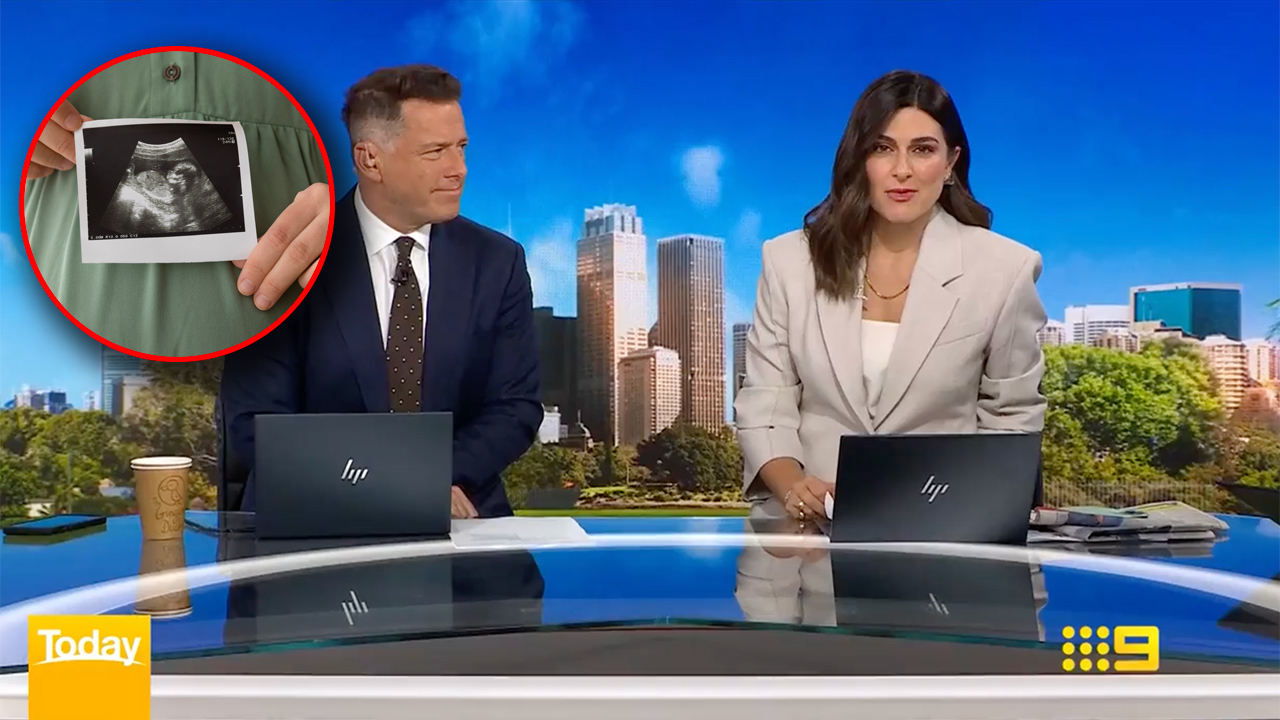Family & Pets
"Devastated": Brisbane IVF recipient gives birth to another couple's baby

A woman has given birth to another couple’s child after a critical error at a Brisbane fertility clinic resulted in the wrong embryo being transferred during treatment.
Monash IVF, a leading fertility provider operating across Australia, has issued an apology following the distressing incident, which occurred at one of its clinics in Brisbane. The mistake came to light in February when the biological parents of the child requested their remaining embryos be transferred to a different IVF provider.
“Instead of finding the expected number of embryos, an additional embryo remained in storage for the birth parents,” Monash IVF revealed in a statement. An investigation confirmed that an embryo from another patient had been mistakenly thawed and implanted in the woman, resulting in her giving birth to a child who is genetically unrelated to her.
Monash IVF attributed the error to human mistake and said the affected parents were informed of the situation within a week of its discovery.
Michael Knaap, the chief executive of Monash IVF, expressed deep regret over the incident. “All of us at Monash IVF are devastated and we apologise to everyone involved,” he said. “We have undertaken additional audits and we’re confident that this is an isolated incident.”
Shannen Doherty's mother breaks silence
To ensure accountability and transparency, the fertility provider has appointed Victorian Senior Counsel Fiona McLeod to conduct an independent investigation. Monash IVF has pledged to fully implement any recommendations arising from the review.
The case has also been reported to the Reproductive Technology Accreditation Committee, Queensland's assisted reproductive technology regulator.
This is not the first controversy faced by Monash IVF. In August last year, the group agreed to a $56 million settlement with more than 700 former patients after allegations it destroyed healthy embryos due to faulty genetic screening. A class action claimed that around 35 per cent of embryos classified as abnormal were, in fact, viable. Although Monash IVF settled the case through mediation, it did not admit to any wrongdoing.
Father of fallen footy star speaks out
Images: Today / Shutterstock


